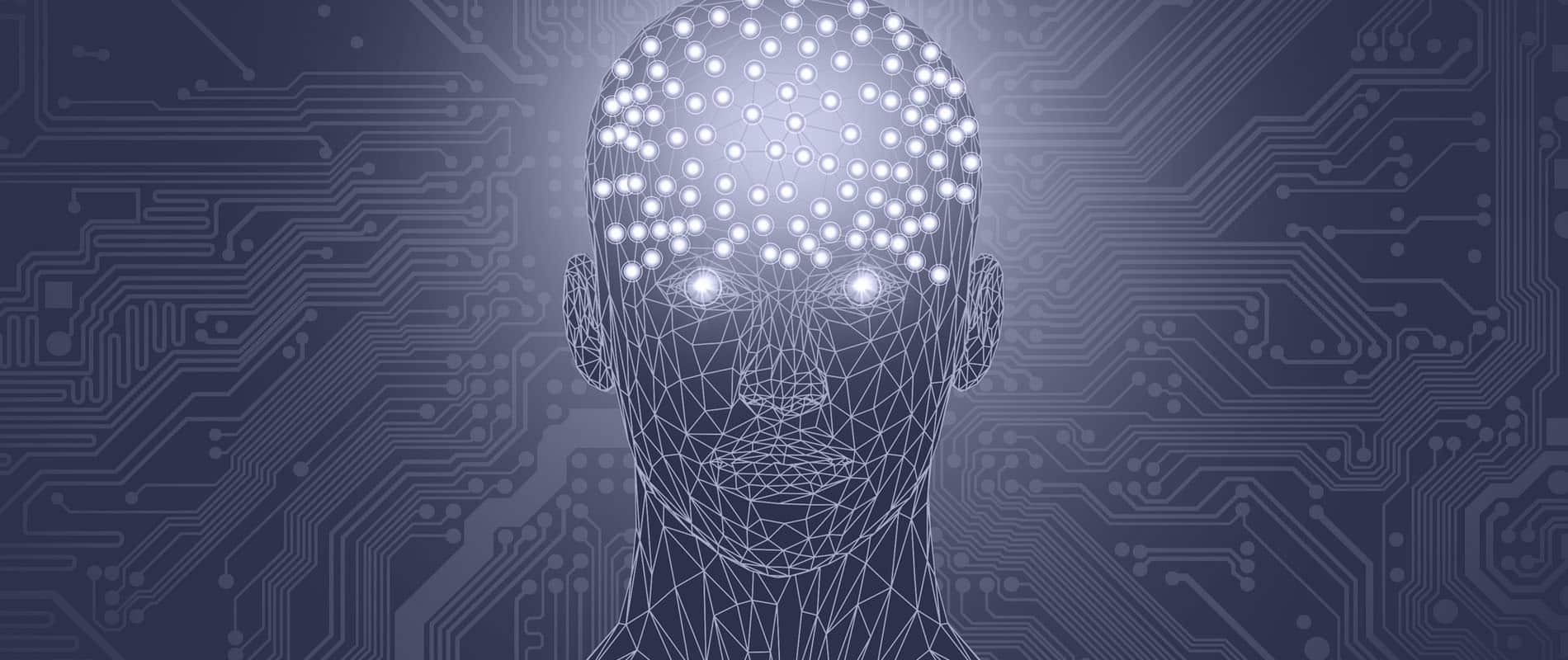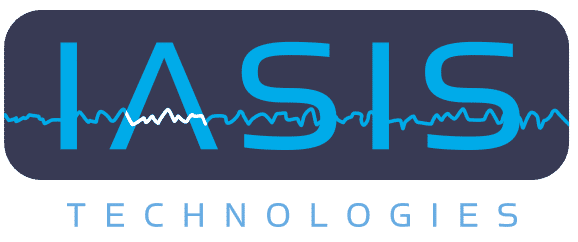Transcranial Electrical Stimulation Shows Promise
Transcranial Electrical Stimulation Shows Promise for Treating Mild Traumatic Brain Injury
Using a form of low-impulse electrical stimulation to the brain, documented by neuroimaging, researchers at the University of California San Diego School of Medicine, Veterans Affairs San Diego Healthcare System (VASDHS) and collaborators elsewhere, report significantly improved neural function in participants with mild traumatic brain injury(TBI).
Their findings are published online in the current issue of the journal Brain Injury.
TBI is a leading cause of sustained physical, cognitive, emotional and behavioral problems in both the civilian population (primarily due to motor vehicle accidents, sports, falls and assaults) and among military personnel (blast injuries). In the majority of cases, injury is deemed mild (75 percent of civilians, 89 percent of military), and typically resolves in days.
But in a significant percentage of cases, mild TBI and related post-concussive symptoms persist for months, even years, resulting in chronic, long-term cognitive and/or behavioral impairment.
Much about the pathology of mild TBI is not well understood, which the authors say has confounded efforts to develop optimal treatments. However, they note the use of passive neuro-feedback, which involves applying low-intensity pulses to the brain through transcranial electrical stimulation (LIP-tES), has shown promise.
In their pilot study, which involved six participants who had suffered mild TBI and experienced persistent post-concussion symptoms, the researchers used a version of LIP-tES called IASIS Micro Current Neurofeedback, combined with concurrent electroencephalography monitoring (EEG). The treatment effects of IASIS Micro Current Neurofeedbackwere assessed using magnetoencephalography (MEG) before and after treatment. MEG is a form of non-invasive functional imaging that directly measures brain neuronal electromagnetic activity, with high temporal resolution (1 ms) and high spatial accuracy (~3 mm at the cortex).
"Our previous publications have shown that MEG detection of abnormal brain slow-waves is one of the most sensitive biomarkers for mild traumatic brain injury (concussions), with about 85 percent sensitivity in detecting concussions and, essentially, no false-positives in normal patients,” said senior author Roland Lee, MD, professor of radiology and director of Neuroradiology, MRI and MEG at UC San Diego School of Medicine and VASDHS. “This makes it an ideal technique to monitor the effects of concussion treatments such as LIP-tES."
The researchers found that the brains of all six participants displayed abnormal slow-waves in initial, baseline MEG scans. Following treatment using IASIS Micro Current Neurofeedback, MEG scans indicated measurably reduced abnormal slow-waves. The participants also reported a significant reduction in post-concussion scores.
“For the first time, we’ve been able to document with neuroimaging the effects of LIP-tES treatment on brain functioning in mild TBI,” said first author Ming-Xiong Huang, PhD, professor in the Department of Radiology at UC San Diego School of Medicine and a research scientist at VASDHS. “It’s a small study, which certainly must be expanded, but it suggests new potential for effectively speeding the healing process in mild traumatic brain injuries.”

Barry Bruder
CEO & Founder of IASIS Technologies International
Co-authors include: Ashley Robb Swan, Annemarie Angeles Quinto, Scott Matthews, Deborah L. Harrington, Sharon Nichols, Charles W. Huang, and Dewleen G. Baker, UC San Diego and VASDHS; and Corey C. Snook, Mind-Brain Training Institute, Mount Dora, FL.
To share the IASIS Technologies International news article, click on the social media application of choice below.



